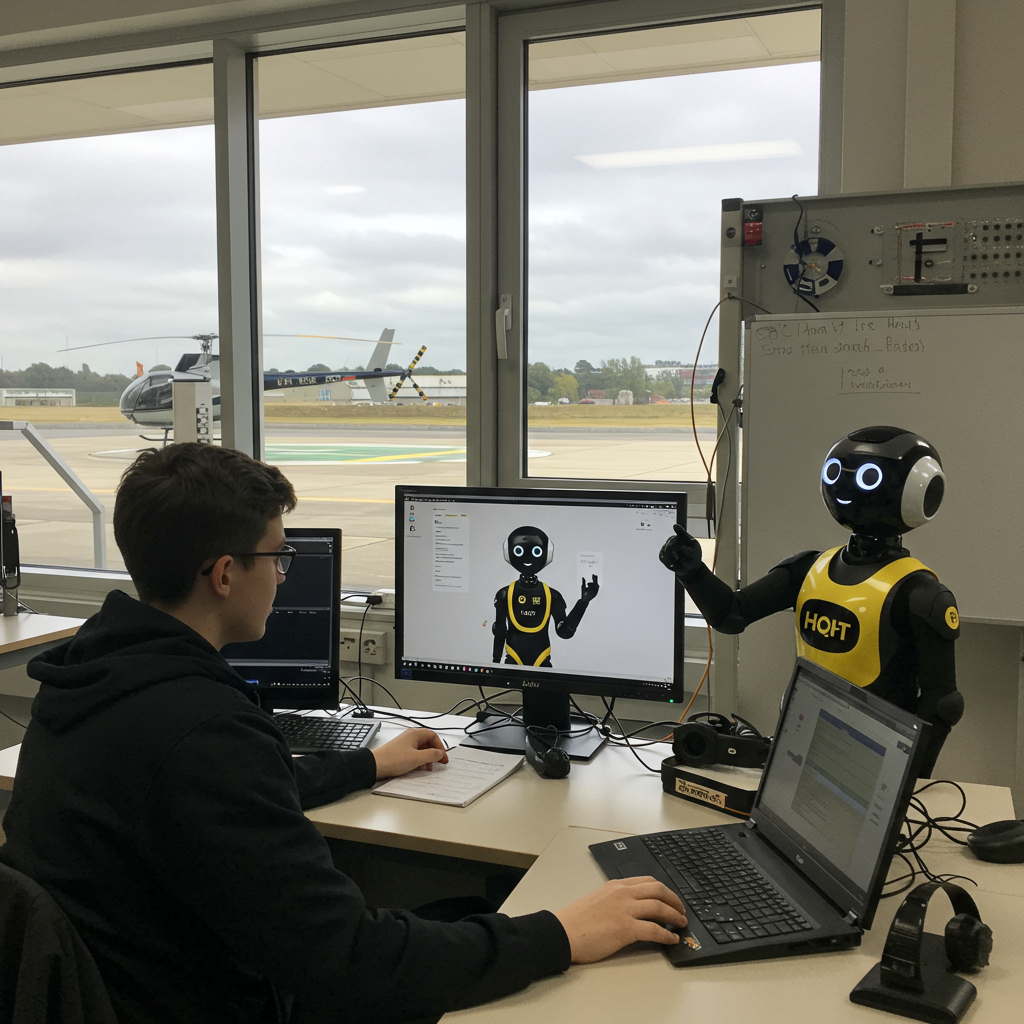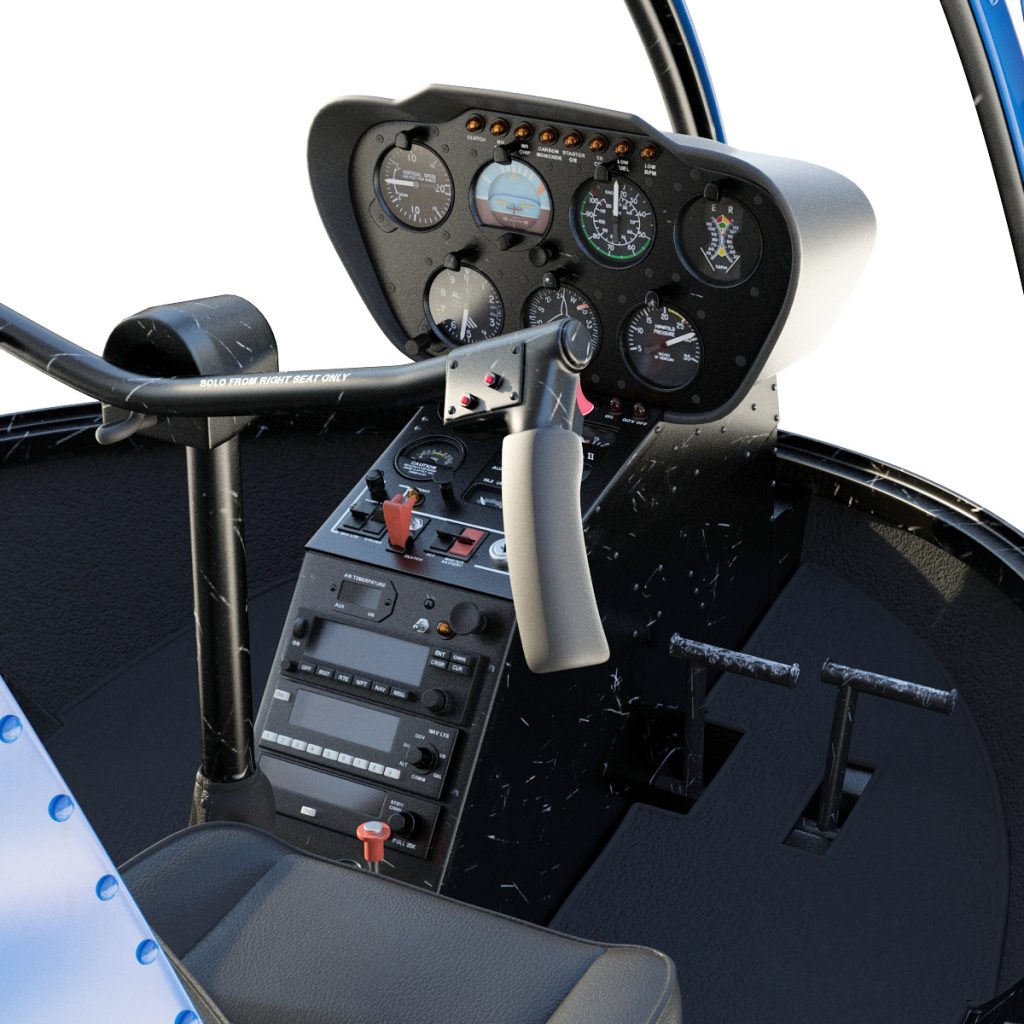In the evolving landscape of aviation training, technological advancements are reshaping how aspiring helicopter pilots acquire and refine their skills. Among these innovations, AI tutors have emerged as a valuable supplement to traditional instruction, offering personalized, interactive learning experiences. By leveraging intelligent questioning strategies, AI tutors can significantly enhance the effectiveness and efficiency of helicopter training programs. This article explores how AI-driven questioning can optimize pilot education through thoughtful question design, real-time feedback, and comprehensive evaluation of training outcomes.
Understanding the Role of AI Tutors in Helicopter Training Programs
AI tutors serve as intelligent, adaptive assistants that simulate aspects of human instruction within helicopter training programs. They can assess a trainee’s knowledge, identify areas needing improvement, and tailor questions to match the learner’s current skill level. Unlike static training materials, AI tutors provide dynamic interactions that promote active engagement and critical thinking. Their ability to operate around the clock allows for flexible, consistent practice sessions, reinforcing learning outside traditional classroom or simulator settings. Overall, AI tutors act as personalized mentors, complementing instructor-led training and ensuring that each pilot progresses at an optimal pace with targeted support.
Designing Effective Question Sets to Enhance Learning Outcomes
The effectiveness of an AI tutor heavily depends on the quality of its question sets. Well-designed questions should be clear, relevant, and aligned with key learning objectives, encouraging trainees to apply their knowledge in practical scenarios. Incorporating a variety of question types—such as multiple-choice, scenario-based, and open-ended queries—can stimulate different cognitive skills and deepen understanding. Additionally, adaptive questioning that adjusts in difficulty based on the trainee’s responses helps maintain engagement and challenge learners appropriately. By carefully crafting these question sets, AI tutors can foster critical thinking, reinforce essential concepts, and promote long-term retention of helicopter operation procedures and safety protocols.
Integrating AI Feedback to Improve Pilot Skill Development
Real-time, personalized feedback is a cornerstone of effective AI tutoring. When trainees respond to questions, the AI can analyze their answers to identify misconceptions, strengths, and areas requiring further practice. This immediate feedback guides learners toward correct procedures and decision-making processes, reinforcing proper techniques. Moreover, AI can suggest targeted exercises or review materials tailored to individual needs, accelerating skill acquisition. Such continuous, customized feedback loops not only boost confidence but also help trainees develop better situational awareness and decision-making skills—crucial attributes for helicopter pilots operating in complex environments.
Evaluating the Impact of AI-Driven Questioning on Training Efficiency
Assessing the influence of AI-generated questioning on helicopter training involves measuring improvements in knowledge retention, skill proficiency, and overall training time. Studies and pilot programs indicate that AI tutors can reduce the number of training hours needed to reach competency by providing focused, personalized practice sessions. Additionally, data collected from AI interactions can help trainers identify common challenges faced by trainees, informing curriculum adjustments and instructional strategies. Over time, integrating AI-driven questioning has the potential to streamline training workflows, lower costs, and produce more competent pilots, thereby enhancing safety and operational readiness within the aviation industry.
As helicopter training continues to evolve with technological innovations, AI tutors stand out as powerful tools for optimizing learning experiences. Through intelligent questioning, personalized feedback, and data-driven evaluation, they can significantly improve training efficiency and pilot competency. Embracing these advancements offers a promising pathway toward safer, more effective helicopter operations in the future.


